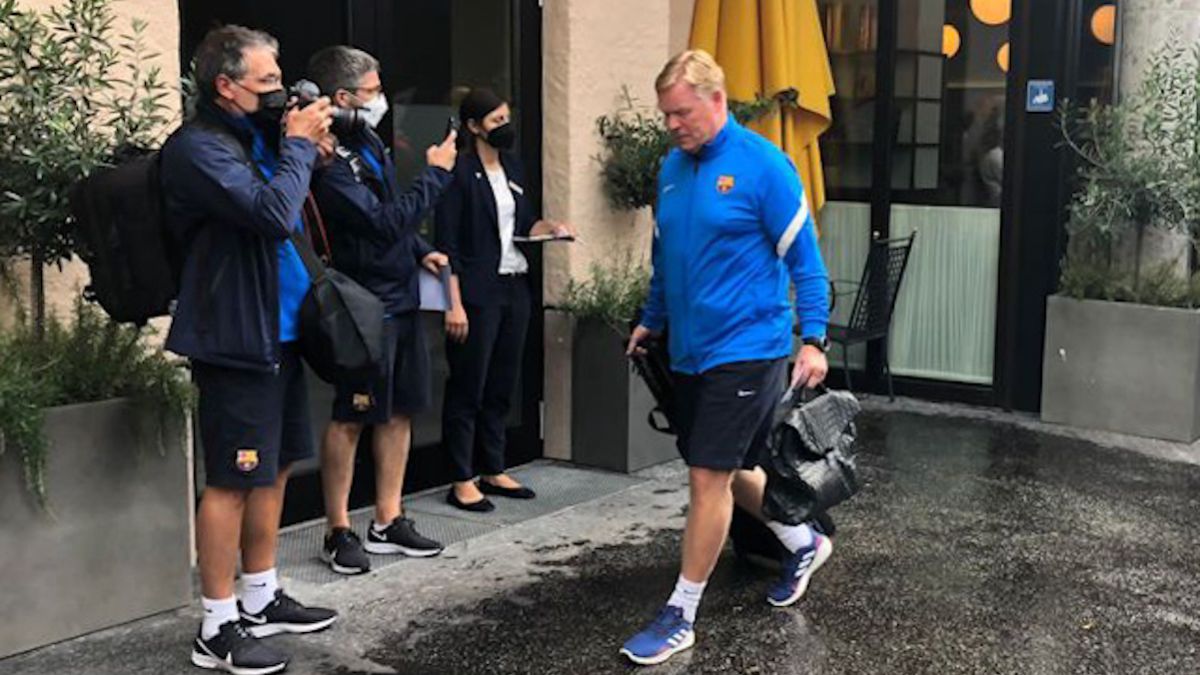MÁLAGA, Aug 3 (EUROPA PRESS) –
Vodafone has developed a 5G use case for the mobility company Alsa at the Malaga bus station, included in the ‘Pilot 5G Andalusia’ project and which aims to improve the travel experience of customers.
Currently, the renewal of multimedia content in the form of films and documentaries, which Alsa offers to travelers in the entertainment systems on board its buses, is carried out through the use of WiFi points or 4G connections in very short intervals, in those that the buses are stopped at the head stations. This often causes the data download to be incomplete or insufficient.
Current networks do not have a bandwidth large enough to allow the downloading of a large amount of data in a short time to be able to regularly update this multimedia offer, they have specified from the company in a statement.
Therefore, with Vodafone’s 5G coverage in the Malaga bus station, in which the Alsa company establishes its head for multiple routes, the process of updating the multimedia content is greatly reduced and can be completed during the time that the bus at the station to be able to renew films and documentaries on a more regular basis, thanks to download speeds of 1gbps.
One of the main disruptive innovations in the application of 5G technology is the increase in the speed of transmission and reception thanks to a mobile bandwidth of greater capacity, which allows reaching speeds in mobility much higher than those achieved with current technology, have added.
For Alsa customers, this translates into a greater rotation of multimedia content available during their journeys, “which significantly improves this aspect, which is so relevant to having a satisfactory travel experience.”
This project is part of the ‘Andalusia 5G Pilot’ initiative, promoted by the Ministry of Economic Affairs and Digital Transformation, through Red.es, and which is being developed by Vodafone and Huawei. Presented in November 2019 in Seville, it includes 35 use cases that will apply the benefits of 5G technology in the sectors of energy, industry, smart cities, tourism, agriculture, health and dependency, security, emergencies and defense, society and digital economy .
It has a budget of 25.4 million euros, of which 6.3 million euros are co-financed by Red.es in charge of Feder community funds. Vodafone will allocate an additional 1.8 million to the project not included in the grant.
–


